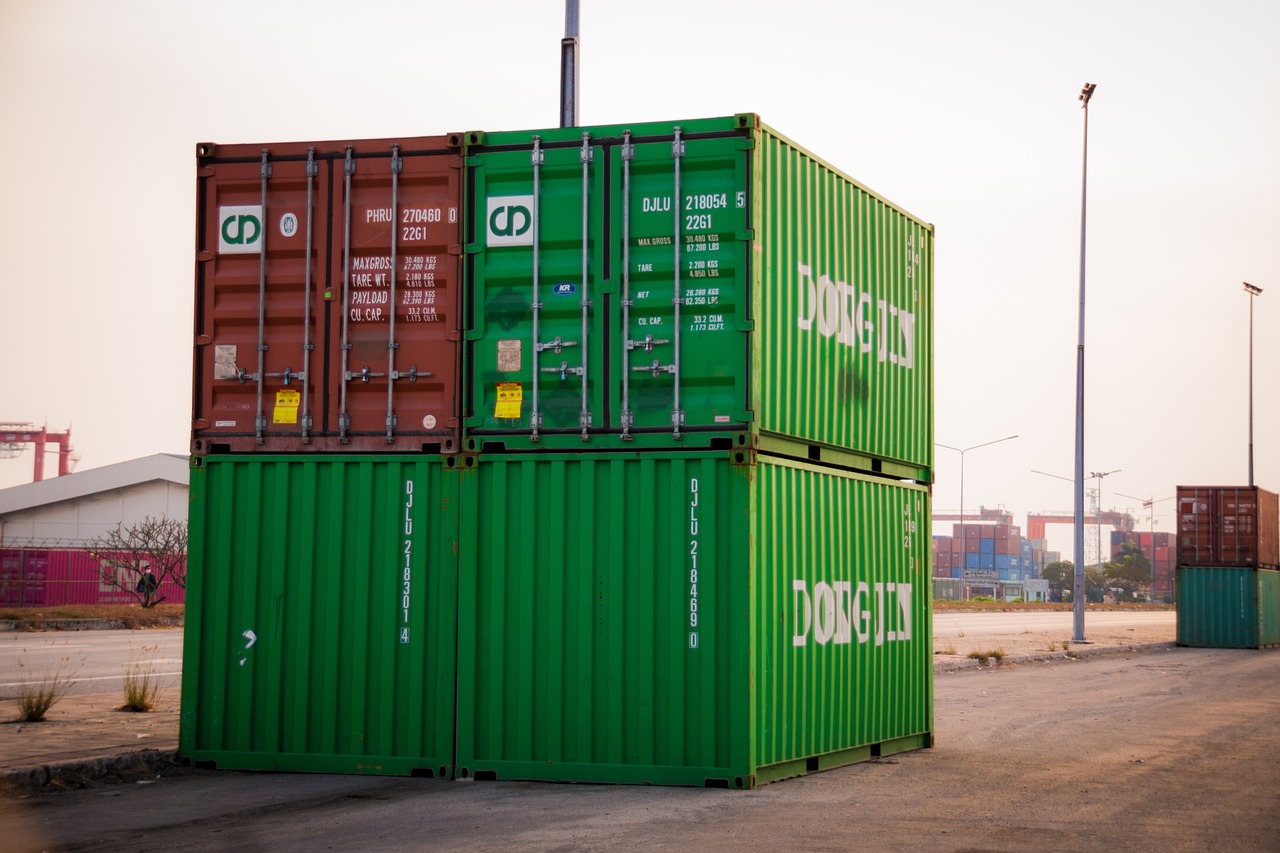

Quality Guarantee


Delivery in 2-5 business days
Proud member of


5.0 Stars on Google Reviews
Shipping containers are not only pivotal in logistics but have also found a new life in various creative applications. They are increasingly being used to create sheds, barns, garages, kitchens, coffee shops, bathrooms, pools, offices, and more. Given their varied usage, one crucial question arises: are shipping containers waterproof?

Added: 12/02/2024
The doors of shipping containers are fitted with rubber seals and gaskets. These seals are crucial for maintaining a watertight environment inside the container. They prevent water, dust, and other contaminants from entering through the gaps around the doors. The rubber material is flexible and durable, ensuring a tight seal even under varying temperatures and conditions. This feature is especially important when converting containers into offices, kitchens, or bathrooms, where moisture control is vital.
Shipping containers are coated with weather-resistant paints and coatings that protect the steel from corrosion. These coatings help maintain the integrity of the container over time, even when exposed to harsh weather conditions. The layers of primer, corrosion-resistant coating, and topcoat work together to prevent rust and other forms of degradation that could compromise the container's watertightness. This ensures that structures like coffee shops and offices remain dry and secure.
The roofs of shipping containers are designed to be slightly convex, allowing water to run off rather than pooling on top. This design feature reduces the risk of water seeping through the roof and into the container. The welds and seams on the roof are meticulously sealed to prevent any potential leaks, making the container suitable for uses like home offices and garages where interior water damage must be avoided.
While shipping containers are designed to be watertight, it is essential to regularly inspect and maintain them to ensure their continued effectiveness. Over time, seals and gaskets can wear out, and minor damages can occur that may compromise the container's watertight properties. Regular inspections and timely repairs are crucial to maintaining the container's integrity, especially when used as living spaces or commercial establishments.
For those repurposing shipping containers for alternative uses, such as homes, offices, or storage units, additional waterproofing measures might be necessary. This can include adding extra seals, using waterproof membranes, and ensuring proper drainage around the container's placement. These enhancements can further ensure the comfort and safety of the container's occupants.
Shipping containers are engineered to be watertight, making them highly effective for various repurposed applications like sheds, offices, coffee shops, and more. Their construction from corrugated steel, the use of rubber seals and gaskets, weather-resistant coatings, and thoughtful roof design all contribute to their ability to keep water out. While they may not be entirely "waterproof" in the absolute sense, they are designed to be as close to waterproof as possible, providing reliable protection in a variety of conditions.
Regular maintenance and inspections are key to preserving the watertight properties of shipping containers, especially when they are used for long-term structures. By understanding these aspects, users can ensure that their shipping containers continue to offer robust protection against the elements, making them a dependable choice for a wide range of innovative applications.